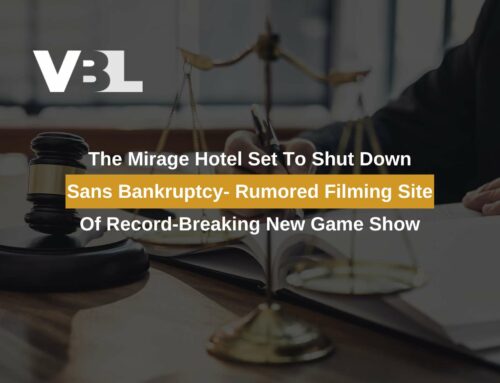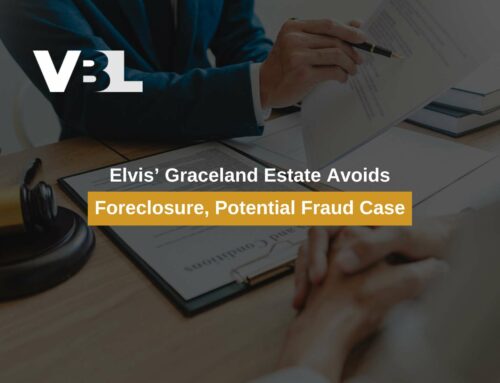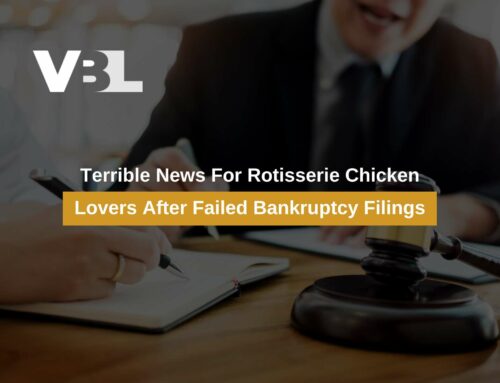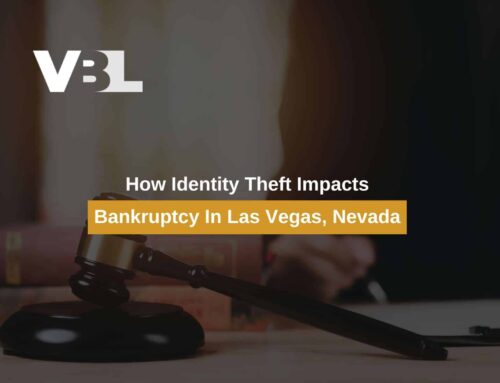Got HOA Liens In Nevada? Here’s What You Need To Know
Nevada HOA Liens: Laws, Rules & Regulations
When you join certain communities, whether in a house, duplex, condominium, etc., you will become part of the local Homeowners Association, or HOA. Your HOA will take care of several issues in the community. Leak in the parking garage? Your HOA will make sure a plumber takes care of it. Families leaving toys and bikes strewn across their front yards? Your HOA might make a rule that all yards visible from the street must not have debris. Does a road need to be paved to make more convenient access throughout your community? Again, your HOA will make sure this project is completed. But these kinds of responsibilities can’t be fulfilled without financial contributions from the community.

HOA Debts & Liens In Las Vegas & Reno, Nevada
Figuring out which chapter of bankruptcy you plan to use is important for several reasons, one of them being to determine what might happen with your tax refund in a bankruptcy filing. Most people will qualify for one or both of Chapter 7 and Chapter 13. Chapter 7 clears away unsecured debts, while Chapter 13 is a payment plan that can help you pay off debts that can’t be discharged in Chapter 7, and possibly discharge unsecured debts at the end of your payment plan. Chapter 7 is only available if you meet certain income restrictions, while Chapter 13 is only available if you have sufficient income to pay off a minimum amount of debts in your plan.
The primary way to qualify for Chapter 7 bankruptcy is to compare your income to Nevada’s median income for your household size. For cases filed before 4/1/22, the median income for an individual in Nevada is $54,394. After 4/1/22, this will increase to $56,949. For more information about additional household members for cases filed before 4/1/22, you can compare your income to the table found at Justice.gov – Census Bureau Median Family Income By Family Size.
For the same information for cases filed on or after 4/1/22, compare your income to the information found at Justice.gov – Census Bureau Median Family Income By Family Size.
If your income exceeds the Nevada median, you may still qualify for Chapter 7 using the means test. This test is used to determine if you have enough disposable monthly income to make significant payments on your debts. If it doesn’t qualify you for Chapter 7, the number you find will be used to calculate how much your plan payments would be in a Chapter 13 bankruptcy. Your payment plan will last 5 years if you are filing Chapter 13 because you can’t qualify for Chapter 7. If your income is below Nevada’s median annual income but you are filing Chapter 13 for its benefits, your payment plan will last 3 years.
You may have reasons for filing Chapter 13, even if you are eligible to file Chapter 7. Chapter 13 gives you time and protection to catch up on payments for financed assets you want to keep, like your house or vehicle. If you are underwater on your home and have secondary mortgages, Chapter 13 provides an opportunity to discharge those debts. Chapter 13 can also help you make progress on nondischargeable debts like domestic obligations and student debt. For more assistance determining your eligibility and which chapter will serve you best, contact our office for your free consultation.
HOA Liens In Nevada
In Nevada, HOA liens take precedence over all other liens except for in four circumstances. If the HOA forecloses your home, certain liens may need to be paid before their own. Liens that were recorded before the HOA’s CC&Rs are prioritized over your HOA liens. Your first mortgage or deed of trust is prioritized before any HOA liens, as long as the deed was recorded before the HOA assessment became delinquent. Liens for real estate taxes and other government charges take precedence over HOA liens in Nevada as well. Lastly, there are certain municipal liens that will take priority over your HOA liens. Contact an attorney for more information about the priority of liens on your home.
HOA Foreclosures
While Nevada may have more restrictions on HOAs than other states, they still hold a surprising amount of power. Your HOA can foreclose on your home, regardless of your payment status on your mortgage, if you fail to pay your dues, assessments, etc. Your HOA must meet three requirements to legally foreclose on your home.
The first requirement is that the HOA provide you with sufficient notice of the delinquent assessments. This notice must be sent by certified or registered mail with a return receipt requested. The notice must include the amount of the assessment and any other applicable charges. It also must include a description of the property upon which the lien is imposed. Lastly, it must include the name of the property’s recorded owner.
Notice Of Default
The second requirement the HOA must meet before foreclosing your home is the notice of default and election to sell. This notice must be recorded with the county recorded within 30 days of mailing the notice of delinquent assessment. The notice of default and election to sell, or NOD, must complain all the information in your notice of delinquent assessment. It must also contain a warning that failure to pay could result in you losing your home, regardless of if the amount owed is in dispute. The HOA must also mail you a copy of the NOD. The homeowner will have 90 days to pay the amount listed in the NOD starting from the day it was recorded or the date it was mailed to the homeowner, whichever was later.
The third requirement is that the HOA has to give proper notice of the foreclosure sale. This must be done after the 90 day period to pay the amount listed in the NOD has expired. The HOA must first record the notice of the sale. It must also publish a similar notice that describes the property in a public county place for 20 consecutive days. The HOA must also publish a copy in a local newspaper, distributed once per week for three consecutive weeks. The HOA must mail a copy of the notice to the homeowner on or before the day the notice is published.
A Nevada HOA foreclosure also has a statute of limitations, or a date by which the case must be filed. The NOD must be recorded within 3 years of when the HOA assessments became due. Failure to initiate the foreclosure process within this timeframe will extinguish the liens.
Foreclosure Mediation
Nevada offers foreclosure mediation for people who are about to lose their homes. Mediation is a guided discussion of issues at stake with a neutral, third party professional. You might be able to work out an agreement with your HOA for a lower balance, or that avoids a foreclosure. However, you will incur the costs of mediation as part of your HOA liens. You can submit a petition with the court requesting foreclosure mediation services. This most likely should be done with the representation of an experienced lawyer. You can find more information about the Nevada Ombudsman for the real estate division here.
HOA Foreclosure Redemption
Nevada offers the right of redemption for homeowners who have lost their homes through HOA foreclosure. The homeowner will have a limit of 60 days after their foreclosure sale to redeem the property. This requires that the homeowner reimburse the buyer for the entire purchase price, any liens, taxes, and assessments the buyer paid, and 1% interest per month.
Can Filing Chapter 13 Bankruptcy In Nevada Save Your Home?
Because liens are secured debts, they aren’t discharged by a Chapter 7 bankruptcy. However, in a Chapter 13 bankruptcy, debts are reorganized and paid off over 3-5 years. This allows nondischargeable debts like secured and priority debts to be paid off while the debtor is protected from their creditors by the automatic stay. At the end of your payment plan, you should be caught up on HOA liens and other debts, leaving no cause for a foreclosure once your case has been discharged. But filing Chapter 13 bankruptcy, especially when it’s done to stop an HOA foreclosure, is complicated. Less than 1% of Chapter 13 bankruptcies filed without an attorney are discharged.
Our Las Vegas, Paradise, and Henderson, Nevada bankruptcy lawyer team can help you file Chapter 13 bankruptcy and save your home, and improve your overall financial well-being. We offer flexible payment plans with low down payments so that you can get your case filed and save your home. For more information, call or use our online form to request your free consultation today. Additionally, our Las Vegas bankruptcy attorneys offer free consultations, bankruptcy by phone, and $0 Down Bankruptcy filing options.

Las Vegas Bankruptcy Lawyers
LAS VEGAS
7251 W Lake Mead BLVD #300
Las Vegas, NV89128
Office: 702-879-2499
Email: [email protected]
HENDERSON
1489 W Warm Springs Rd. Ste 110
Henderson, NV 89014
Email: [email protected]
















